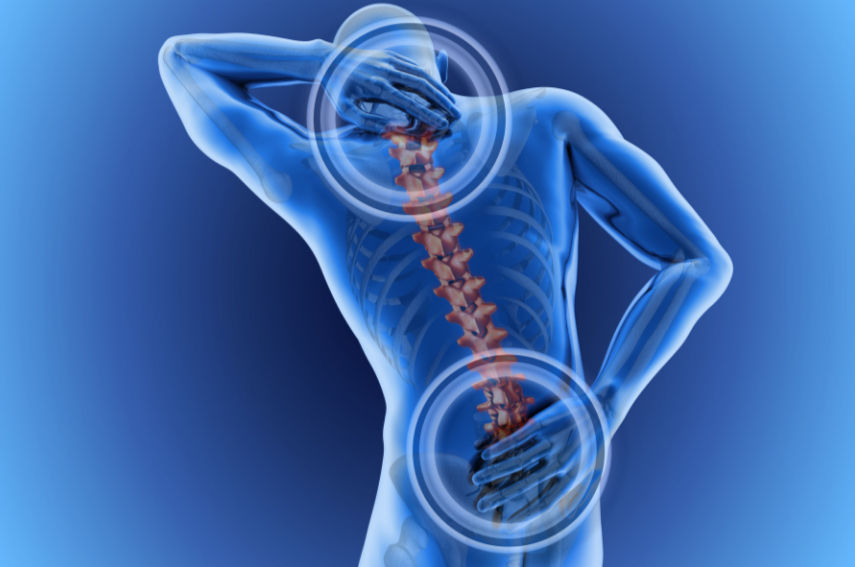The Impact of Dehydration (Part 1)
- Dr. Melissa Adams

- Jul 29, 2025
- 4 min read

We all know hydration is important, many of us are even tired of hearing, "Drink more water!" We know, ultimately, that drinking water is important for our health and wellbeing, but at what point do we start to see an impact on our health?
Turns out, probably WAY sooner than most people realize! I've gone through a handful of studies to pull out some of the potential issues that can arise if we are not hydrated enough.
Measuring dehydration involves utilizing people's body mass. Most studies are using a decrease of 2% or greater, some are using 1%, and one study found cognitive changes in individuals with as little as 0.66% decrease in body mass. For reference, if someone who weighs 150lbs, 2% is 3lbs, 1% is 1.5lbs, and 0.66% is 0.99lbs. This is not a huge amount of weight!
The studies utilized a variety of methods and looked at potential issues such as dehydration as its impact on pain, cognition, driving, surgery recovery, and one even looked at potential placebo effects!
Pain
In one study, they had only 5 subjects, all male (potential limitation of the study), had them exercise for 40 minutes after 12 hours of fasting. The researchers utilized an MRI of the participants' brains to look at their pain thresholds and the brain's responses to that pain, then compared that to when they were rehydrated.
After the participants exercised, they were given a painful stimulus of a cold pressor on their forearm, while they were getting an MRI to look at how their brain was responding to this painful stimulus.
When they were dehydrated, they lost more weight, had a larger increase in their heart rate, a higher temperature, and more. When they were in this state of hypohydration, their MRI showed a very active pain related neural network and these activations were much higher in their peak.
Rehydrating the individuals and having them exercise showed a decrease in the brain activity in relation to the painful stimuli.
Another study showed that hypohydration increased fatigue and pain in cyclists.
So not being hydrated enough can significantly impact your brain's response to pain, potentially making something seem even more painful than it would be if you are properly hydrated.
Driver Errors
This study involved 11 males (limiting factor of the study) who drove for 120 minutes using a driving simulator. They had one trial while dehydrated and one trial while they were hydrated.
The researchers looked at minor driving incidents (touching/crossing center line), major incidents (completely leaving their lane, hitting a barrier or another car), sleepiness (blinking excessively, eyes closing or rolling upward), distractions, fidgeting, and looking around. They also recorded things like late breaking and measurments such as heart rate from the participants.
They found that mild dehydration can result in an increase in driver errors similar to that of having a blood alcohol content level of 0.08% or driving while sleep deprived, with the highest risk individuals being the young and the elderly.
In both trials (dehydrated and hydrated), the drivers showed an increase in driver errors, however, the frequency of the errors and the total error numbers increased more throughout the dehydrated trial.
During this study, the participants were also having an EEG done (measures brainwaves), and this showed that in BOTH the dehydrated and hydrated trials, there was an increase in the alpha brainwaves. Alpha brainwaves are indicative of increased sleepiness and potentially decreased vigilance. This was increased in the dehydrated trial, but not statistically significant.
Overall, it seems long, boring drives inherently increase the chances for driver errors, but this can be worsened if the driver is also dehydrated.
Preoperative Dehydration
This study utilized a database of patients who had neck surgery and looked at nearly 15,000 files, about 28% of which had lab findings indicating dehydration prior to surgery.
Those who were dehydrated prior to surgery were more likely to have post-surgical complications such as wound complications, hematological and pulmonary complications, have a longer stay int he hospital, and a lower likelihood of being discharged home (more likely to be discharged to like a nursing facility).
Dehydration did not seem to increase the risk of 30 day mortality, cardiac, or renal (kidney) complications, re-operation, or readmission.
The dehydration seemed to be more prevalent in those who were older, women, Hispanic, but no statistical significance with their BMI (Body Mass Index).
Not being properly hydrated prior to surgery seems to be a potential indicator of whether or not someone may experience certain complications after their surgery. There are some mixed results with this when it comes to different areas of the body, but this study had a good number of patients (nearly 15,000), about half were male, and average age was 56 years old - so a fairly good, representative sample, and worth paying attention to.
Next week, we'll discuss dehydration and its impact on cognitive abilities as well as the possibility of a placebo effect.
Blog sponsored by One More Step Foundation
This is not medical advice, always ask a chiropractor if chiropractic care is appropriate for you, and your preferred healthcare provider before making dietary, supplement, or lifestyle changes.








Comments